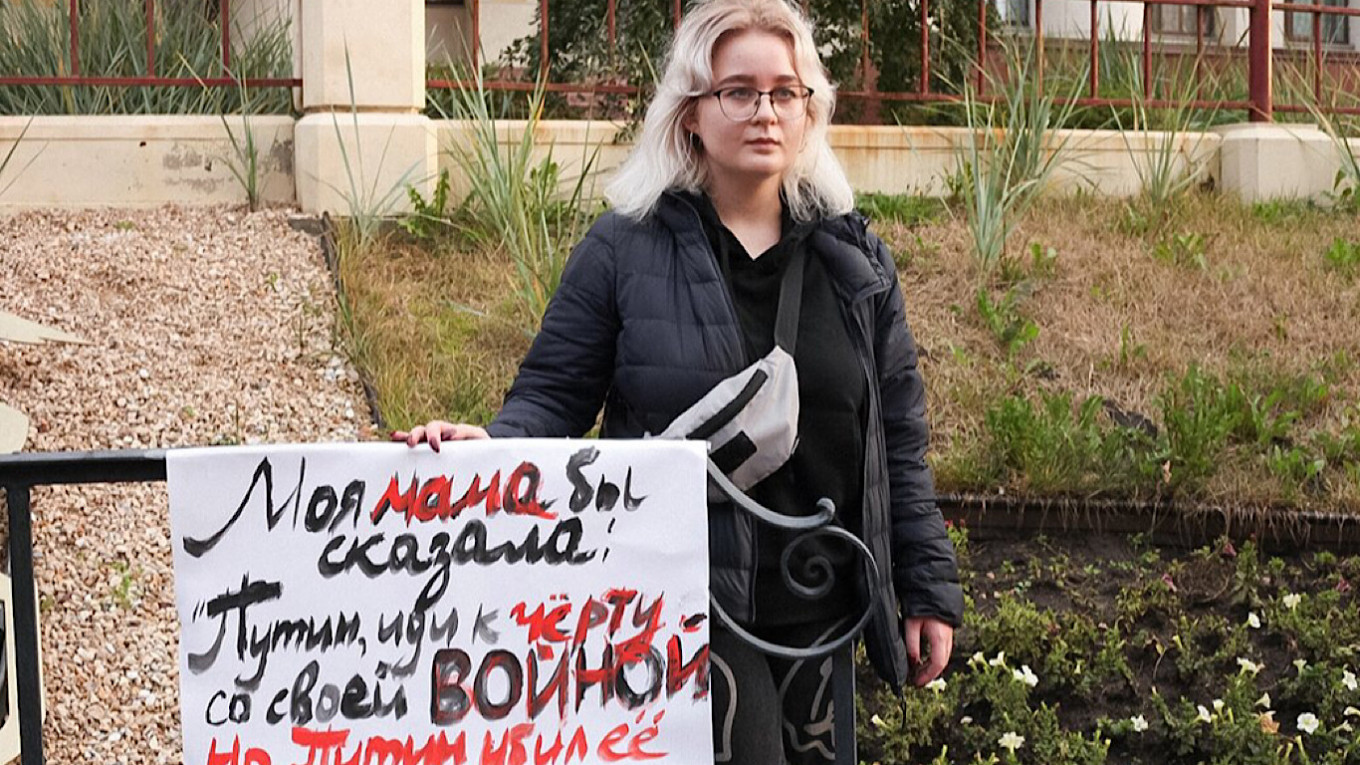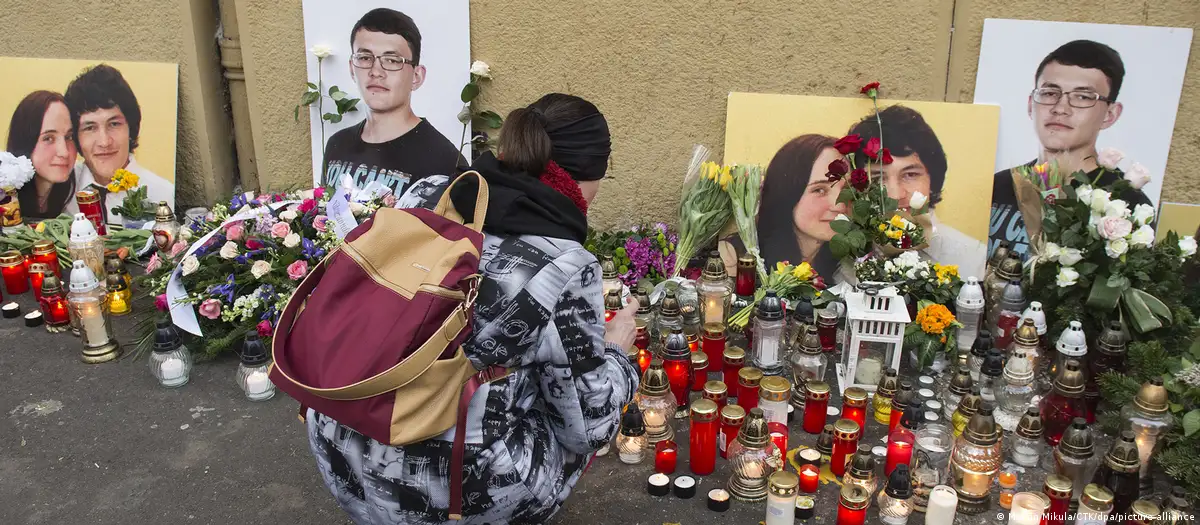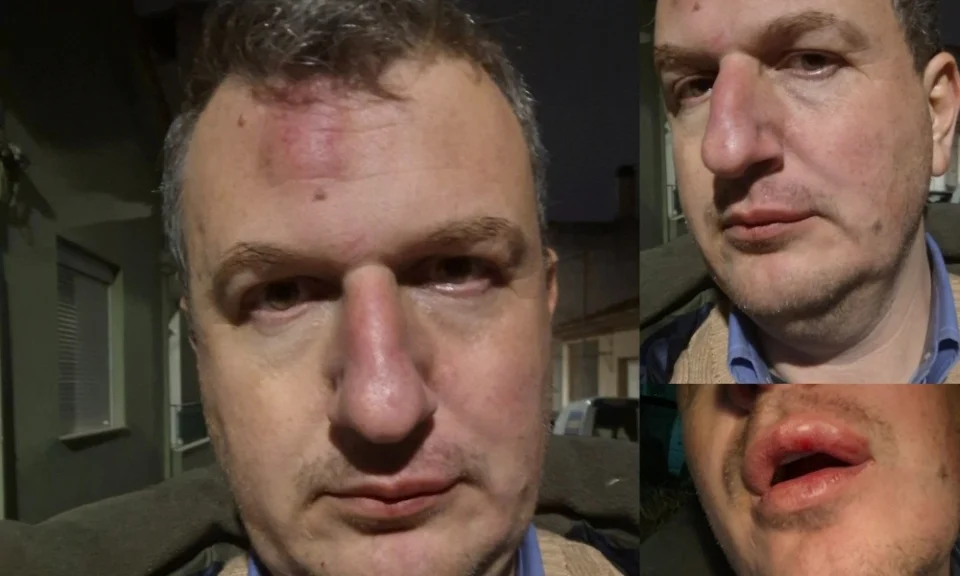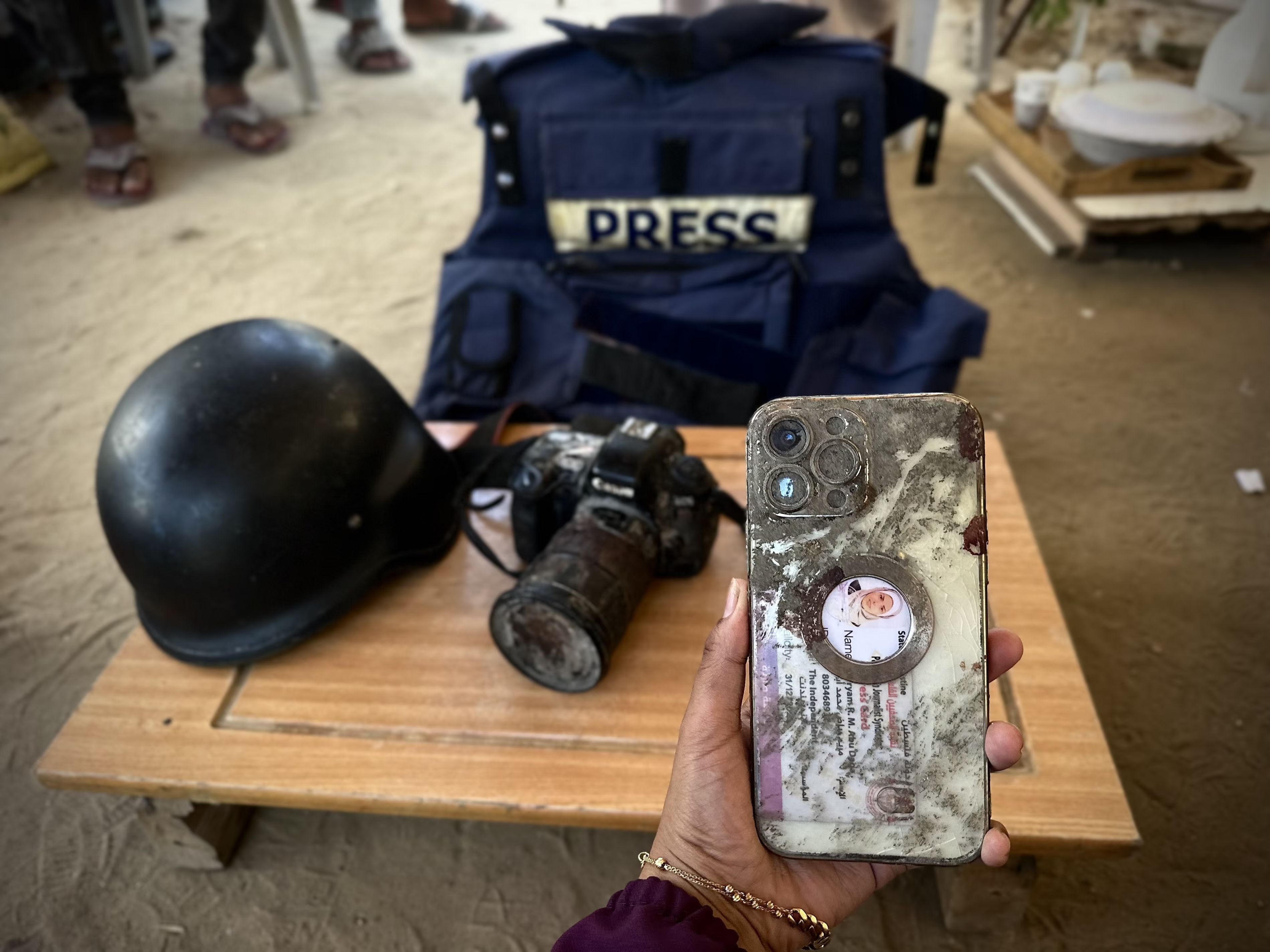
“Gaza Has Become Journalism’s Graveyard”: A Dire Warning from Global Press Bodies
October 3, 2025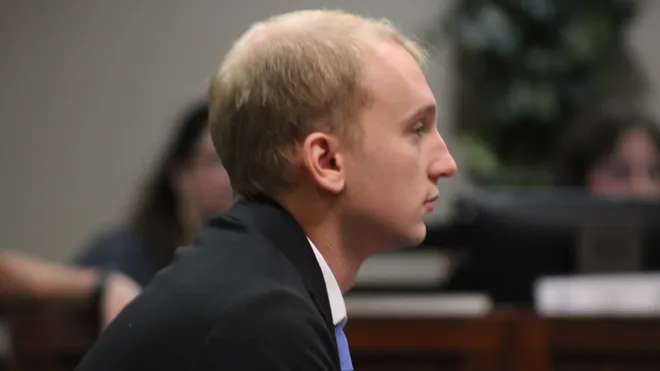
Ohio Journalist Lucas Griffith Convicted for Coverage of ICE Protest
October 3, 2025October 03, 2025 – Russia –
In Nizhny Novgorod, Margarita Murakhtaeva, daughter of the late independent journalist Irina Slavina, was detained by police as she tried to lay flowers at the site where her mother died.
Slavina, who ran the independent outlet Koza Press, died on October 2, 2020, after setting herself on fire outside the regional police headquarters. Her act was widely seen as a protest against state pressure and repression.
According to Murakhtaeva, she approached the police building intending to place flowers quietly, but was immediately confronted by officers who demanded her documents and took photographs before escorting her away. She questioned the legality of the stop, asking why laying flowers should be prohibited.
Murakhtaeva’s detention is only the latest instance in a long history of state harassment against Slavina’s family. She had previously been fined for anti-war pickets and faced charges for “discrediting” the Russian military, a charge frequently wielded against critics and independent voices.
After her brief detention, Murakhtaeva was released, as reported by human rights group OVD-Info.
Analysts see her arrest as part of a broader campaign to suppress remembrance and dissent. After Slavina’s death, authorities blocked public commemorations at the site, citing construction or “repairs,” and refused to openly acknowledge her legacy.
Slavina had long been under pressure. In the days before her death, security forces raided her home, confiscated devices and notes, and questioned her about alleged links to the banned group Open Russia.
Her final Facebook post read: “I ask you to blame the Russian Federation for my death.”
By detaining Murakhtaeva, authorities appear to be asserting control over public memory and intimidating those who dare to honor Slavina’s legacy. Journalists and rights groups warn that even in death, Slavina and her family continue to face a state determined to stifle dissent.
Reference –

